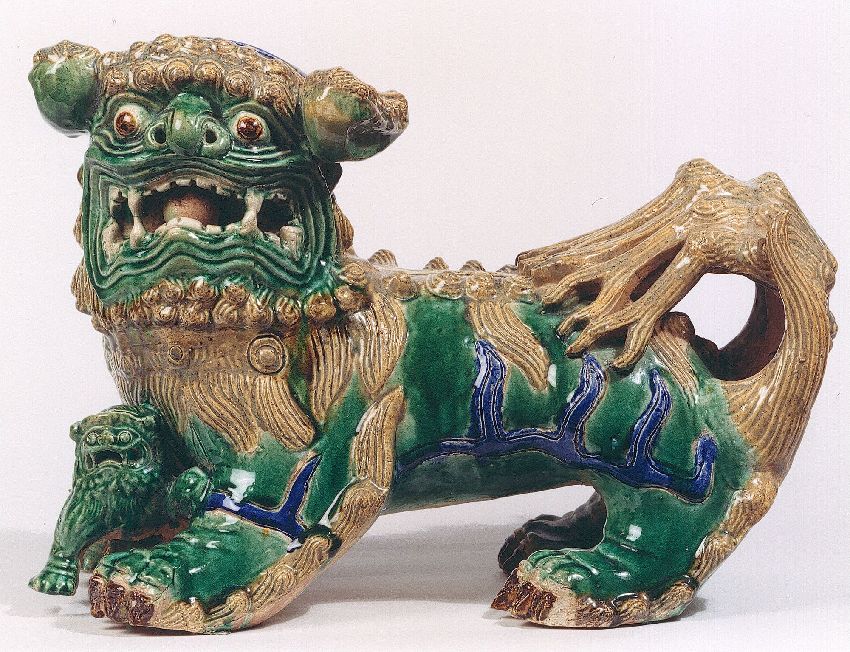
img: CC BY-NC-SA, KIK-IRPA Brussels (Belgium) – http://balat.kikirpa.be/object/121619
Co-financed by the European Union under the CEF Connecting Europe Facility Programme, PAGODE wants to contribute to generating rich user experience and high audience engagement with Europeana, the European digital library, by proposing a thematic approach in the aggregation, curation and presentation of Chinese cultual heritage preserved in Europe.
What it is about
PAGODE will aggregate to Europeana a minimum of 10,000 new objects, annotate and enrich more than 2,000 digital objects already in Europeana, and activate Cultural Heritage Institutions to plan new digitisation and enrichment of thousands and thousands of digital cultural heritage items. This wealth of material will be organized in Europeana to create a new thematic collection rich in high quality content to explore, compelling editorials, galleries, blogs and a virtual exhibition.
Focusing on the various forms of the presence of Chinese culture in Europe, the overall aim of PAGODE is to add further value to Cultural Heritage Institutions that own Chinese collections, to reach new end users, and to encourage creative reuse of the cultural heritage content in the domains of multicultural integration, cultural tourism, education and research.
PAGODE will promote further understanding of the cultural values of China and the cultural exchange between China and Europe, allowing Cultural Heritage Institutions to connect and share their collections and metadata across new sectors and borders and in this way to increase awareness and usage of Europeana to a wider audience, internationally. The project’s originality lies on the creation of a framework for a holistic overview of all Chinese collections within the scope of the pan-European area. As such, it would offer the foundations for further scholarship in this field, and even more important for the reinterpretation of questions of the circulation, trade, collecting and display of Chinese art in modern Europe with the aim to have a thorough understanding of the collecting history and Europe-China relationship from the historical and contemporary perspectives.
Website: www.photoconsortium.net/pagode


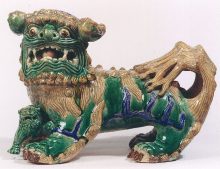
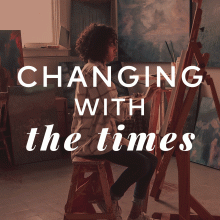
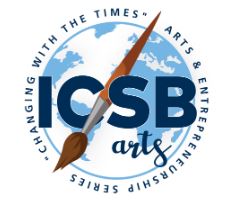
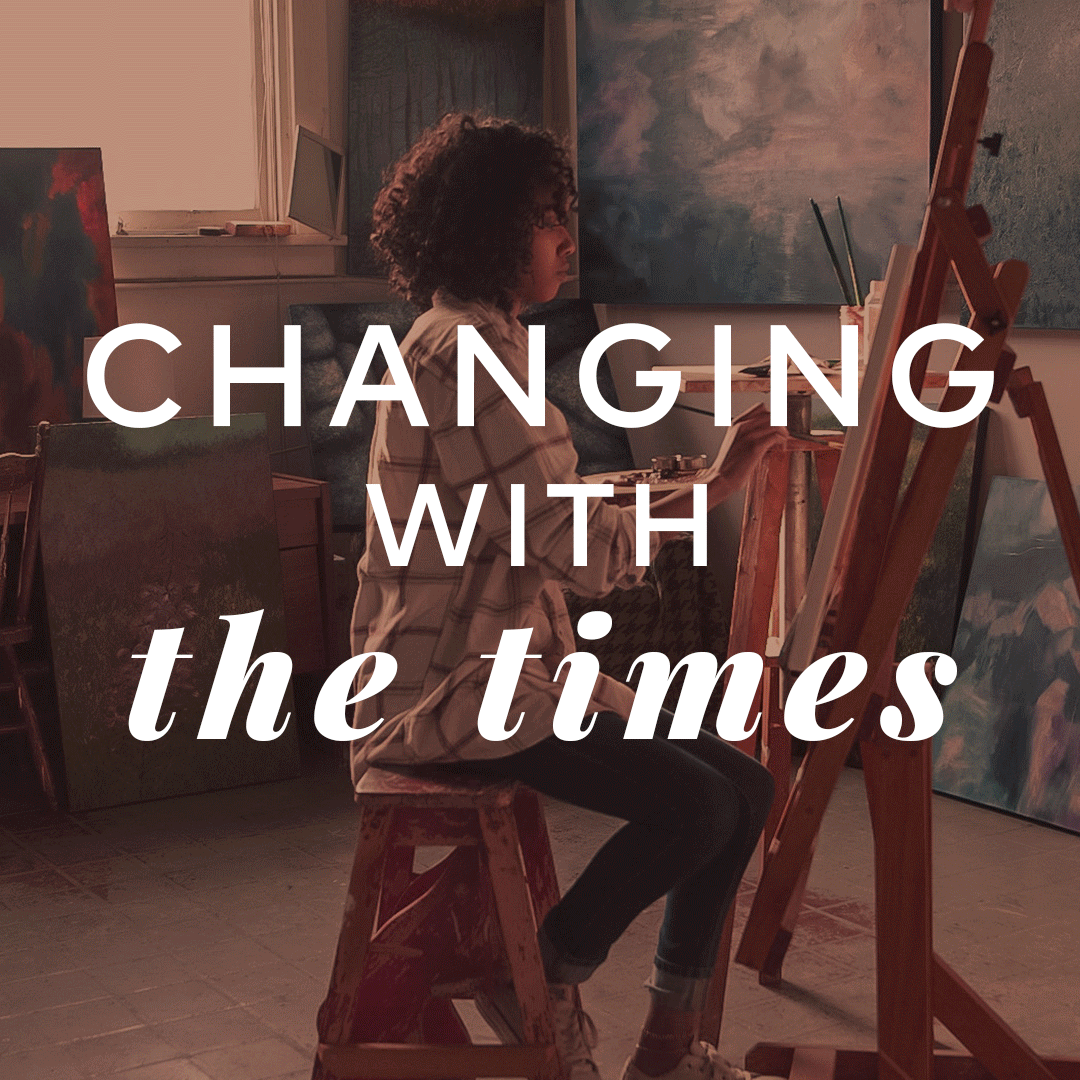

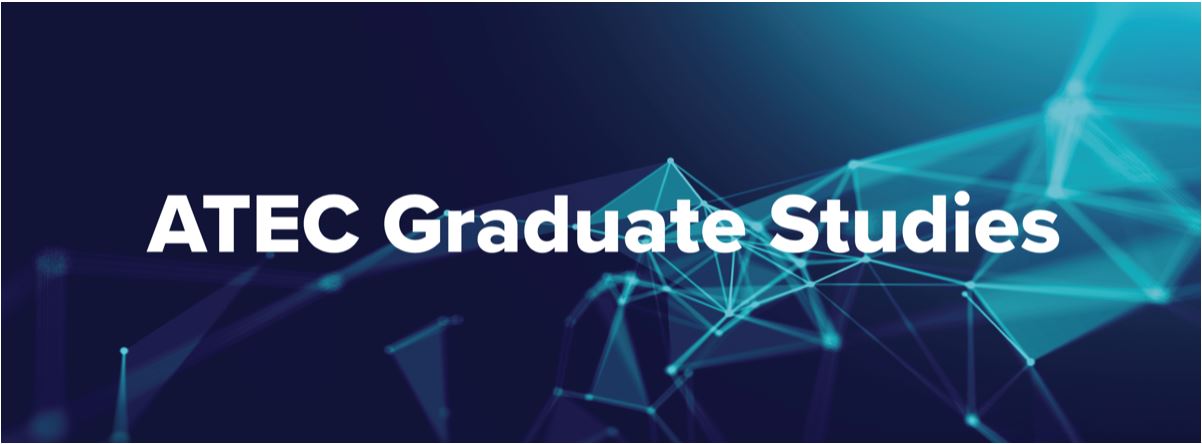 Do you appreciate the opportunities of cross-disciplinary education?
Do you appreciate the opportunities of cross-disciplinary education?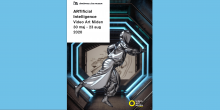
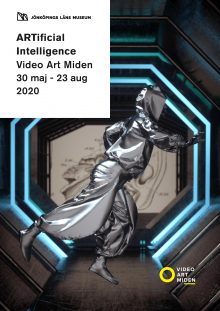 The video art selection, curated by Gioula Papadopoulou (art director and curator of Video Art Miden) presents 8 works that deal with various concepts concerning the “homo digitalis” era and artificial intelligence, exploring the physical detachment and the gradual digitalization and virtualization of our world, our societies and our minds.
The video art selection, curated by Gioula Papadopoulou (art director and curator of Video Art Miden) presents 8 works that deal with various concepts concerning the “homo digitalis” era and artificial intelligence, exploring the physical detachment and the gradual digitalization and virtualization of our world, our societies and our minds.







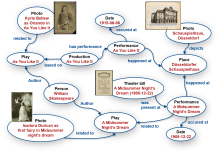
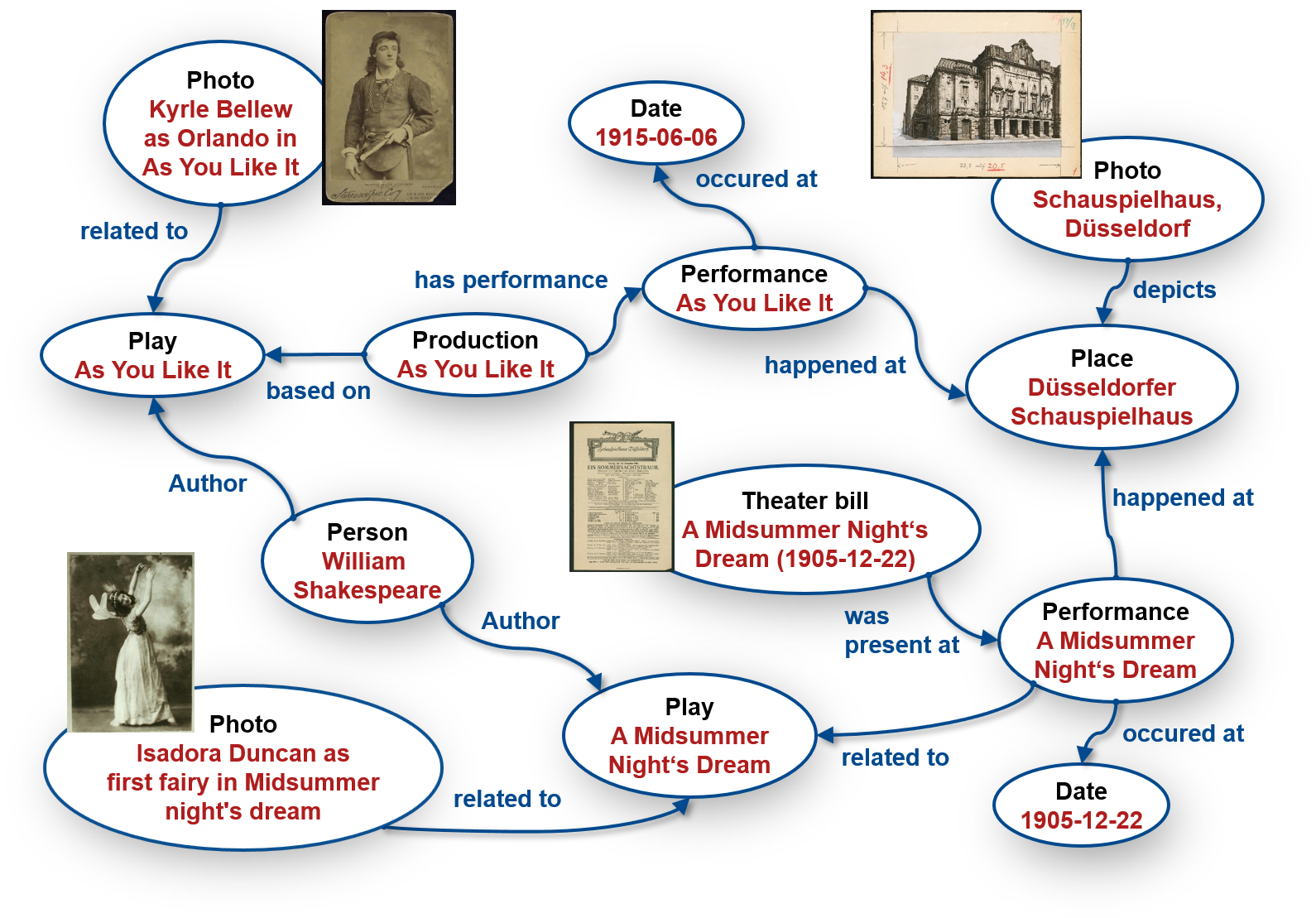 img.: Schematic depiction of a knowledge graph in the performing arts domain; from the paper by Julia Beck, Frankfurt University Library, CC0.
img.: Schematic depiction of a knowledge graph in the performing arts domain; from the paper by Julia Beck, Frankfurt University Library, CC0.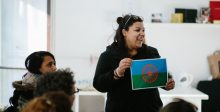
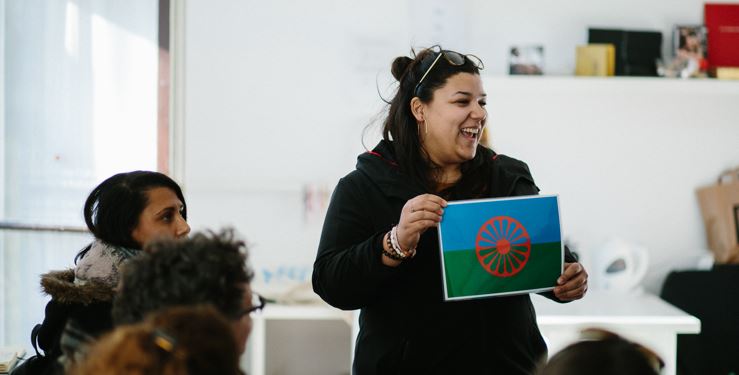
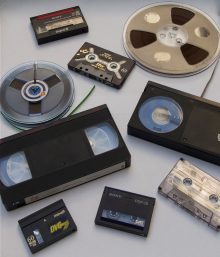
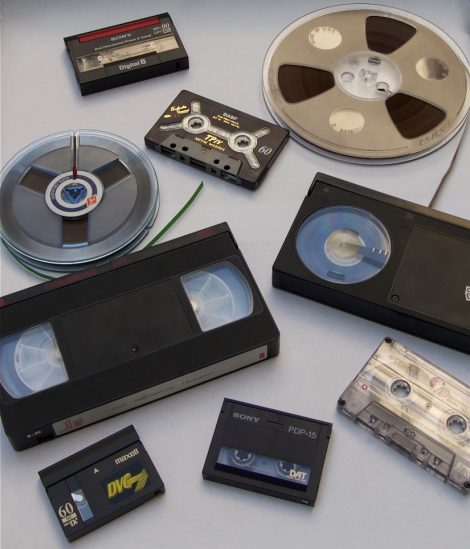 Today’s knowledge of the linguistic and cultural diversity of humanity is widely based on magnetic tape recordings produced over the past 60 years. Magnetic audio and video tape formats are now obsolete. Spare parts supply and service is fading, replay equipment in operable condition is disappearing rapidly, and routine transfer of magnetic tape documents is estimated to end around 2025. The only way to preserve these sounds and images in the long term, and to keep them accessible for future generations, is their digitisation and transfer to safe digital repositories.
Today’s knowledge of the linguistic and cultural diversity of humanity is widely based on magnetic tape recordings produced over the past 60 years. Magnetic audio and video tape formats are now obsolete. Spare parts supply and service is fading, replay equipment in operable condition is disappearing rapidly, and routine transfer of magnetic tape documents is estimated to end around 2025. The only way to preserve these sounds and images in the long term, and to keep them accessible for future generations, is their digitisation and transfer to safe digital repositories.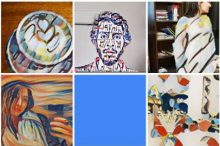
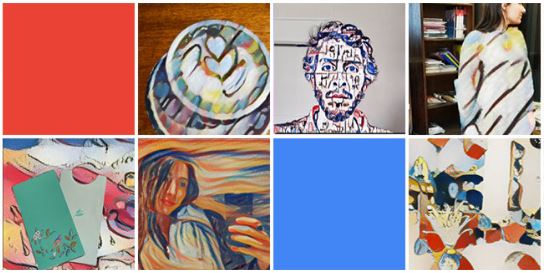 The rapid shuttering of museums due to COVID-19 has had serious consequences; museums, to stay connected with audiences when they can’t physically visit collections, found new and unusual ways to bring together their public. So they have entered in the houses of thousands people making available their cultural collections on-line.
The rapid shuttering of museums due to COVID-19 has had serious consequences; museums, to stay connected with audiences when they can’t physically visit collections, found new and unusual ways to bring together their public. So they have entered in the houses of thousands people making available their cultural collections on-line.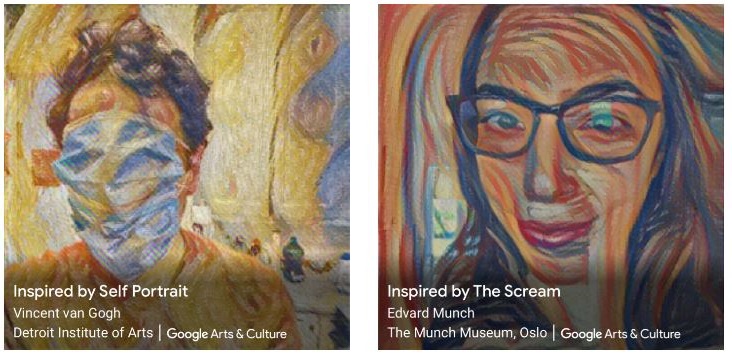

 The young project, started this May 2020, will complement the ESPON Targeted Analysis of 2019: “The Material Cultural Heritage as a Strategic Territorial Development Resource: Mapping Impacts Through a Set of Common European Socio-economic Indicators” (
The young project, started this May 2020, will complement the ESPON Targeted Analysis of 2019: “The Material Cultural Heritage as a Strategic Territorial Development Resource: Mapping Impacts Through a Set of Common European Socio-economic Indicators” (































